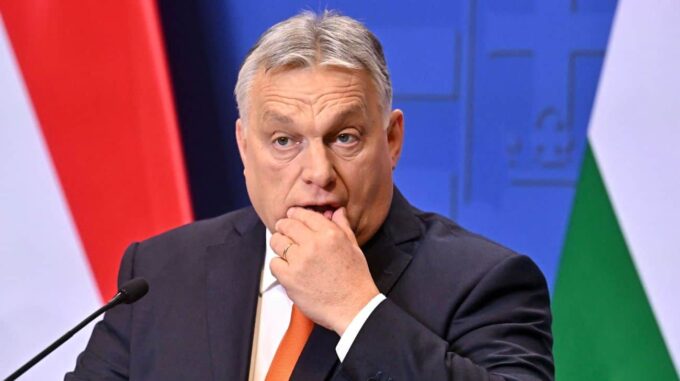Hungarian Prime Minister Viktor Orbán made a controversial statement that has already attracted significant attention from the international community and analysts

In an interview with Kossuth Radio, he expressed the conviction that Ukraine's potential integration into the European Union could have serious consequences for the Hungarian economy, introducing the idea into public discourse of a possible disruption of the country's economic stability due to this process. According to Orbán, closer cooperation with Ukraine within the framework of the EU could lead to substantial financial losses for Hungary. He emphasized that over the past three years, the country has suffered damages amounting to several billion euros primarily due to the war and related economic difficulties. In his view, this happened because significant financial resources were directed toward aiding Ukraine, but these funds, as the prime minister claims, could have been more beneficial for Hungary's own economy—particularly for domestic needs and stabilizing the financial sector. The head of the Hungarian government also highlighted that the country finds itself in a difficult situation due to the influx of Ukrainian military personnel and the million-strong Ukrainian army, which he called "a significant problem." He believes this places an additional burden on the national budget. Orbán expressed the opinion that the European Union bears some responsibility for this situation, arguing that Brussels should take on part of the financial burden related to supporting the Ukrainian army. Without the aid of the United States, he claims, Hungary would be unable to fund this effort on its own. In his statements, the prime minister did not shy away from criticizing European leadership approaches. He stressed that European leaders, according to him, seem to seek to support the conflict in Ukraine and even consider increasing military aid to Kyiv—despite the interests or desires of the Ukrainian people themselves. At the same time, Orbán noted: "We cannot finance and support Ukraine and the Ukrainian army without the United States," emphasizing that it is very important for Hungary to consider the geopolitical context and the level of US involvement in this conflict. Orbán himself, known for his independent stance on European and global processes, once again questioned the necessity and appropriateness of further integrating Ukraine into the EU structure, warning of possible economic consequences for his country. His statement has already drawn the attention of analysts, who are now discussing not only the internal political situation in Hungary but also the global implications for European security, financial stability, and regional diplomacy.

